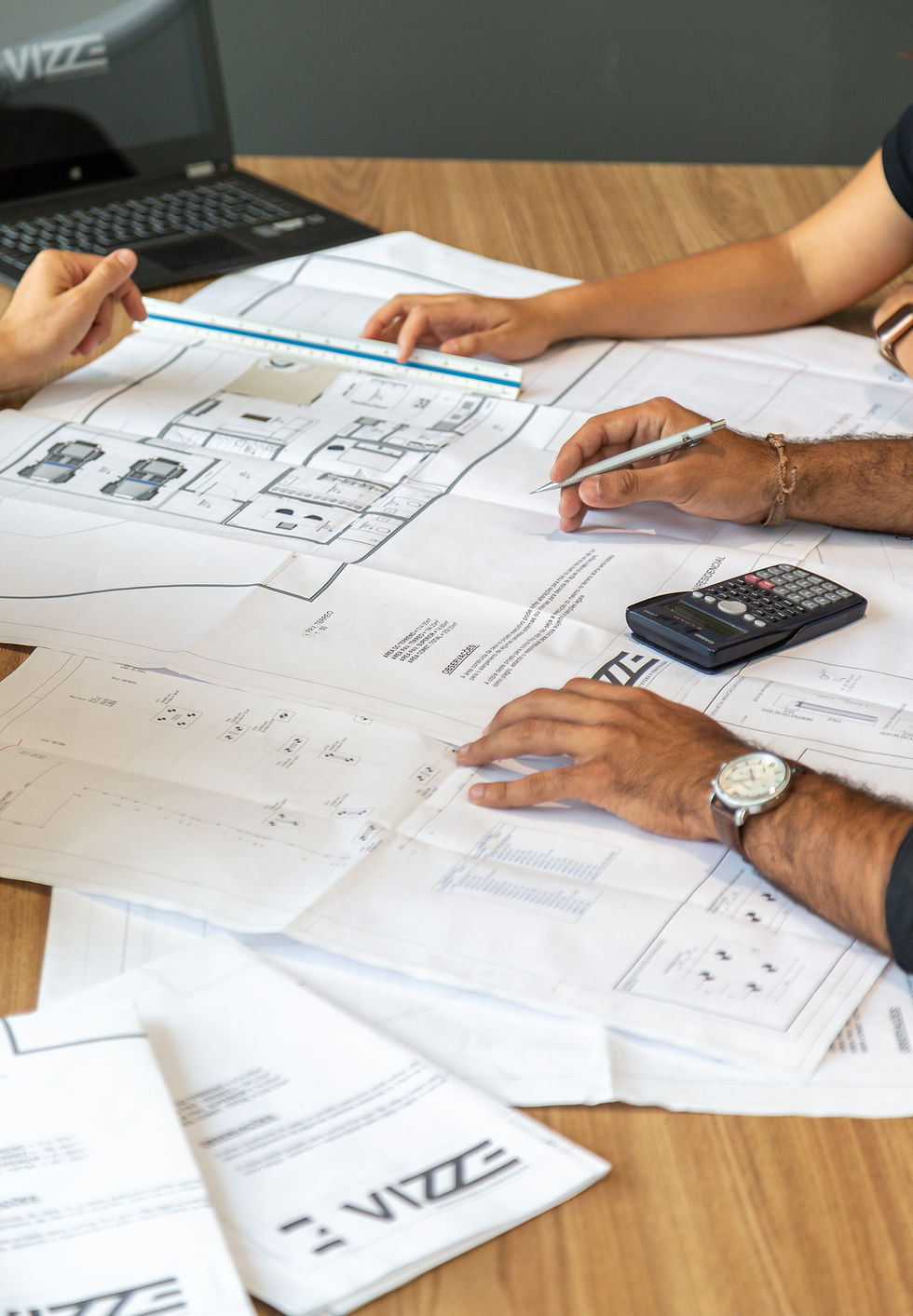Are you considering getting a Viability Assessment to submit with your planning application?
Or are you trying to negotiate Developer Contributions yourself and think you may need extra advice?
Viability has been known as the ‘dark art’ in planning for some years now, and frequently leaves professionals and clients alike at sticking points in negotiations.
This Quick Guide hopes to give clarity on the main stages of the viability process for a planning application and what you can expect from your chosen consultant and the Council’s independent assessor.

1. Do I need a Viability Assessment?
Viability Assessments are submitted to a Local Planning Authority to accompany a planning application to assess the viable level of developer contributions which can be provided.
Oftentimes these are submitted to mitigate or negotiate the amount or type of affordable housing which should be provided as part of a development.
The first step is to ascertain whether you need a Viability Assessment or another viability report.
2. Preparation and Submission to the Council
Once instructed on a Viability Assessment, Viable Placemaking will conduct a comprehensive, independent evaluation of all the costs and values relating to a development. You can find out more on what a Viability Assessment entails in our dedicated page here.
The assessment will conclude whether a development is viable, partially viable, or unviable.
This will then be finalised and submitted to the Council as part of your planning application.
3. The Council’s Independent Review
Once the Viability Assessment is submitted, the Council will conduct an independent review. Usually, this is done by an external consultant instructed by the Council.
The purpose of the Review is to check the values and costs which have been included within the Viability Assessment are reasonable and accurate.
4. Negotiations
If there are any points of disparity between the Viability Assessment and the Council’s Independent Review, the next stage will be to enter negotiations.
Oftentimes, this is done through Rebuttal Letters or other representations between your viability consultant and the Council. It is best to try to enter negotiations early in an effort to overcome any issues in the scheme in the planning application process, as opposed to by appeal, which can be a length process.
This is usually only required if there are any points of contention so it is best to ensure the original Viability Assessment is conducted by an experienced professional and that they have been reasonable and thorough throughout its preparation.
5. Appeal
If the parties cannot come to an agreement on the viability of the scheme, the planning application may be refused. If this happens, you will have the option to Appeal the planning application
In Appeals where viability is a reason for refusal, having a viability expert as part of the appeal team (either as the Agent or acting as an Expert Witness) can be the difference between an appeal being allowed or dismissed. Therefore, we would recommend you liaise with a viability consultant early in the process when you are considering appealing.
How can Viable Placemaking help?
Viable Placemaking is a town planning consultancy with an expertise in development economics and viability.
Viable Placemaking’s Founding Director, Adam Place, has helped applicants save millions on unviable developments where the Council’s policies would have otherwise required them. We are passionate about the provision of housing and improvement of affordability where it is viable and deliverable at a site. Therefore, we are committed to assisting our clients through independent professional Viability reports to facilitate sustainable development.
If you have a scheme you require a Viability Assessment for, or if you would like to discuss how Viable Placemaking may assist with your scheme, please don’t hesitate to get in touch.
